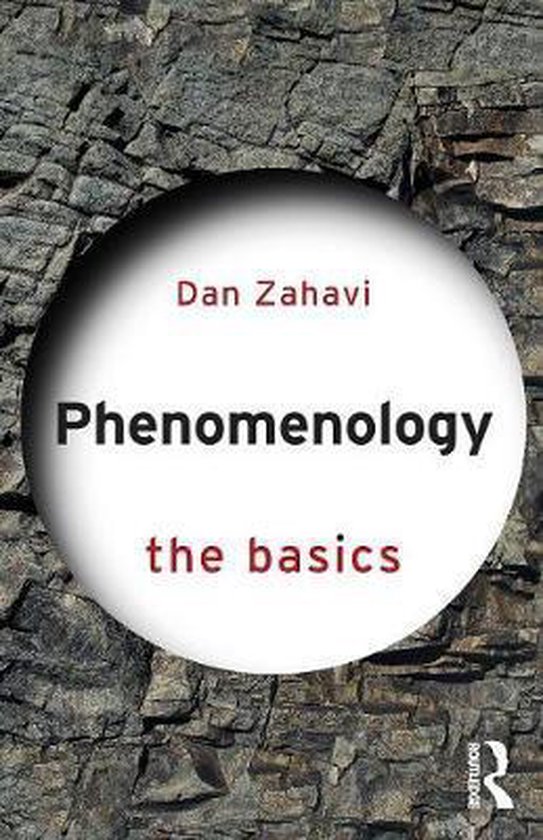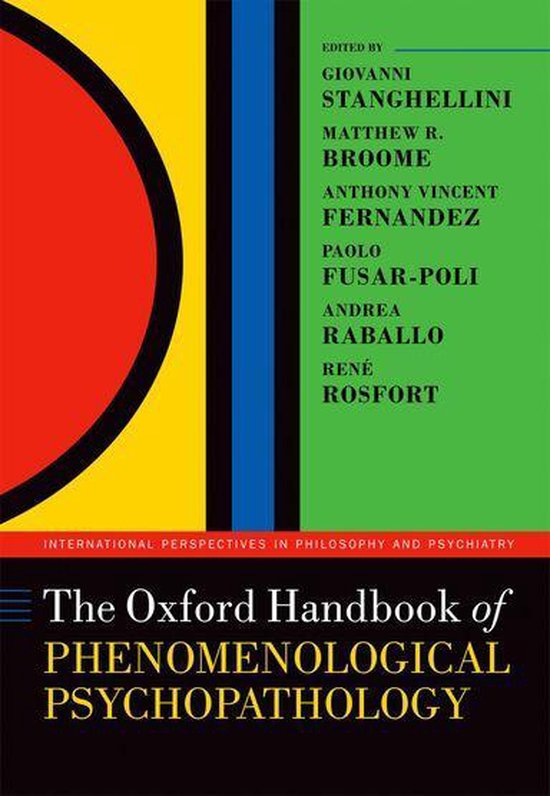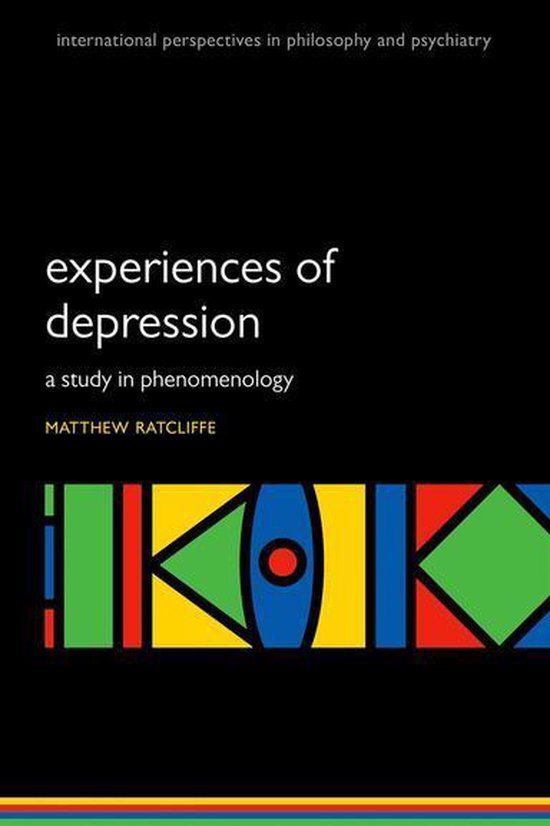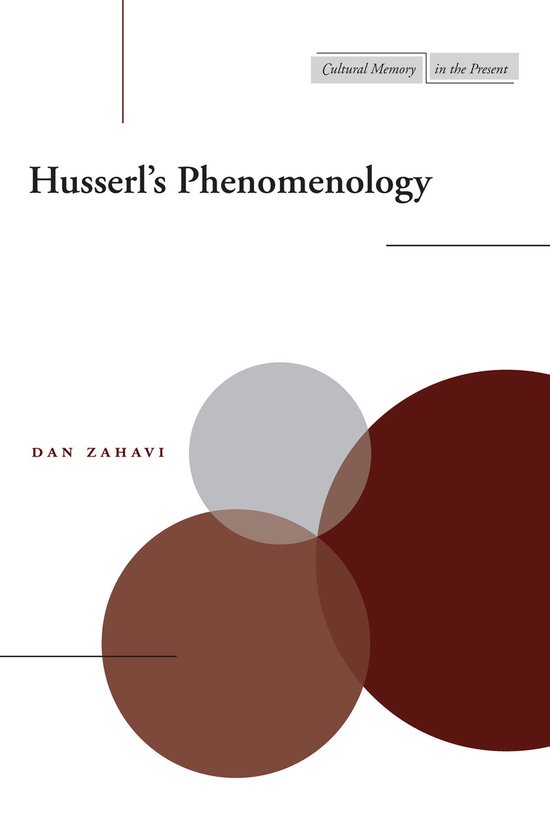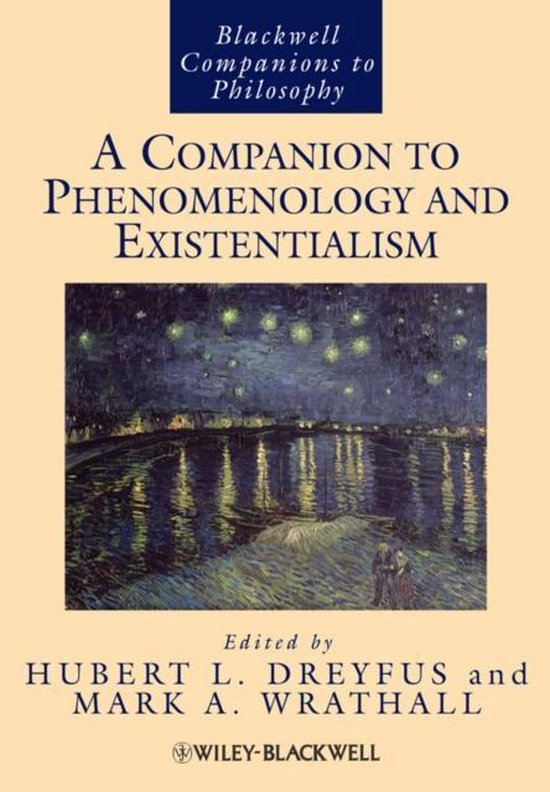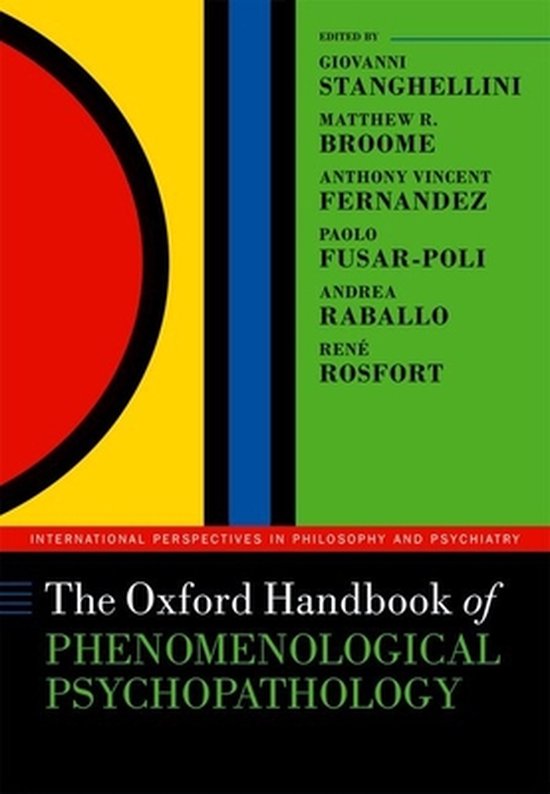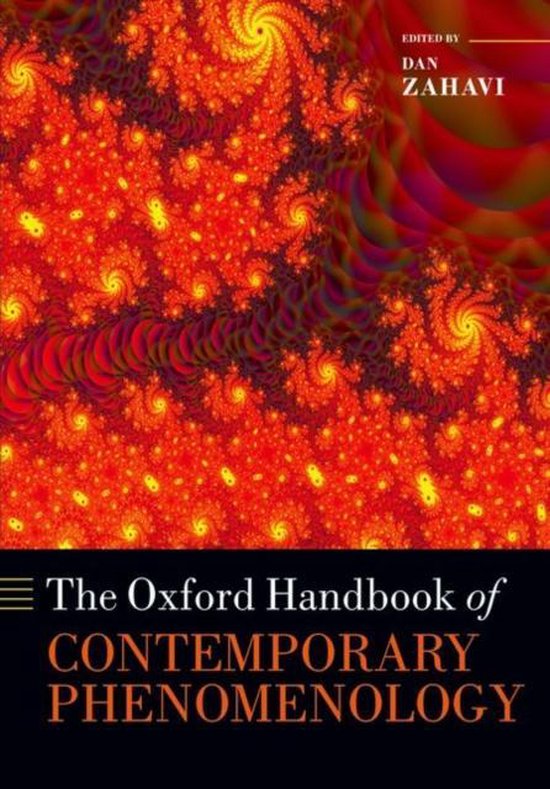
The Oxford Handbook of Contemporary Phenomenology
This is the definitive guide to phenomenology today. It includes discussions of such diverse topics as intentionality, embodiment, perception, naturalism, temporality, self-consciousness, language, knowledge, ethics, politics, art and religion, and demonstrate the breadth and value of phenomenology's contributions to contemporary thought.
The Oxford Handbook of Contemporary Phenomenology presents twenty-eight essays by some of the leading figures in the field, and gives an authoritative overview of the type of work and range of topics found and discussed in contemporary phenomenology. The essays aim to articulate and develop original theoretical perspectives. Some of them are concerned with issues and questions typical and distinctive of phenomenological philosophy, while others address questions familiar to analytic philosophers, but do so with arguments and ideas taken from phenomenology. Some offer detailed analyses of concrete phenomena; others take a more comprehensive perspective and seek to outline and motivate the future direction of phenomenology. The handbook will be a rich source of insight and stimulation for philosophers, students of philosophy, and for people working in other disciplines of the humanities, social sciences, and sciences, who are interested in the state of phenomenology today. It is the definitive guide to what is currently going on in phenomenology. It includes discussions of such diverse topics as intentionality, embodiment, perception, naturalism, temporality, self-consciousness, language, knowledge, ethics, politics, art and religion, and will make it clear that phenomenology, far from being a tradition of the past, is alive and in a position to make valuable contributions to contemporary thought.
The Oxford Handbook of Contemporary Phenomenology presents twenty-eight essays by some of the leading figures in the field, and gives an authoritative overview of the type of work and range of topics found and discussed in contemporary phenomenology. The essays aim to articulate and develop original theoretical perspectives. Some of them are concerned with issues and questions typical and distinctive of phenomenological philosophy, while others address questions familiar to analytic philosophers, but do so with arguments and ideas taken from phenomenology. Some offer detailed analyses of concrete phenomena; others take a more comprehensive perspective and seek to outline and motivate the future direction of phenomenology. The handbook will be a rich source of insight and stimulation for philosophers, students of philosophy, and for people working in other disciplines of the humanities, social sciences, and sciences, who are interested in the state of phenomenology today. It is the definitive guide to what is currently going on in phenomenology. It includes discussions of such diverse topics as intentionality, embodiment, perception, naturalism, temporality, self-consciousness, language, knowledge, ethics, politics, art and religion, and will make it clear that phenomenology, far from being a tradition of the past, is alive and in a position to make valuable contributions to contemporary thought.
| Auteur | | Zahavi, Dan |
| Taal | | Engels |
| Type | | Paperback |
| Categorie | | Religie, Spiritualiteit & Filosofie |
